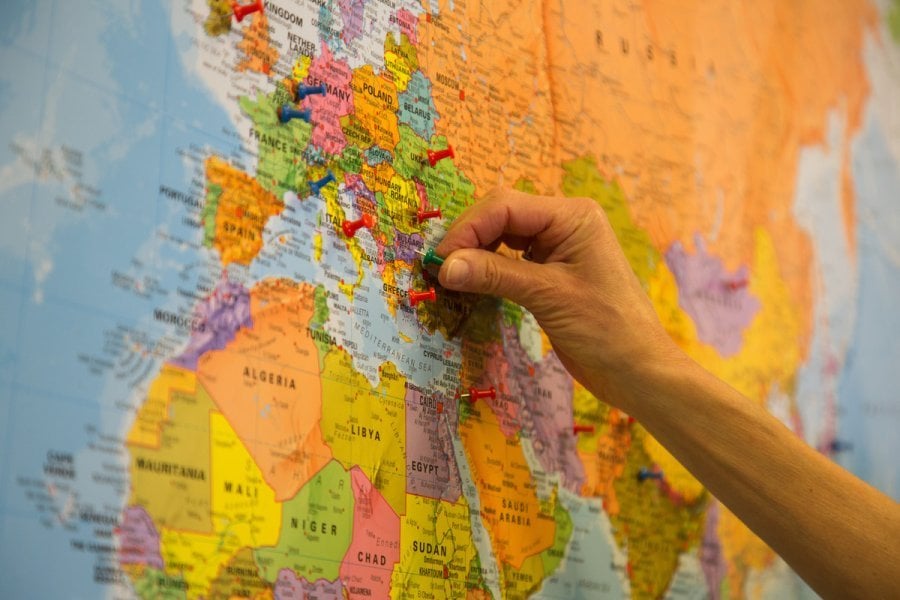New report on increased measles-related deaths worldwide – expert comment
6 December 2019 London School of Hygiene & Tropical Medicine London School of Hygiene & Tropical Medicine https://lshtm.ac.uk/themes/custom/lshtm/images/lshtm-logo-black.png
According to the report, an estimated 140,000 people died from measles in 2018, with devastating outbreaks occurring across the world. Five countries alone – the Democratic Republic of Congo, Liberia, Madagascar, Somalia and Ukraine – account for almost half of all measles cases worldwide.
Most of these deaths, the report states, were among children under five years old. Measles poses the highest risk to babies and young children, with potential complications including pneumonia and encephalitis, as well as permanent brain damage, blindness or hearing loss.
Prof Heidi Larson, Director of the Vaccine Confidence Project at the London School of Hygiene & Tropical Medicine, said:
“These new estimates of nearly 10 million cases of measles and over 140,000 measles-related deaths last year are staggering. Furthermore, the number of measles cases has tripled so far in 2019. Despite an available safe and effective measles vaccine, not enough people are being vaccinated to prevent this devastating loss of life. Some countries are scrambling to vaccinate in the face of serious outbreaks, far too late for many.
“Stressed systems due to multiple disease outbreaks, conflict, rumours and distrust contribute to the measles crisis. Two of the countries with the highest number of cases faced other devastating outbreaks. Liberia’s Ebola outbreak in 2014-2016 and Madagascar’s Plague outbreak in 2017 took a toll on their health systems.
“Democratic Republic of Congo, Somalia and Ukraine, the other countries hardest hit by measles, each face conflicts, with DRC additionally battling a serious Ebola outbreak and rampant distrust. Ukraine has rumours and mistrust swirling alongside conflict and historic vaccine supply gaps. Measles, the most contagious of all vaccine preventable diseases, is the tip of the iceberg of other vaccine preventable disease threats and should be a wake-up call to strengthen protection against future outbreaks.”
Prof Larson is Professor of Anthropology, Risk and Decision Science at LSHTM. Her research focuses on the social and political factors that can affect uptake of health interventions such as vaccines and influence policies. The Vaccine Confidence Project is a WHO Centre of Excellence on addressing vaccine hesitancy, which measures public confidence in the importance, safety and effectiveness of vaccines through surveys to identify public concerns around vaccines early.
Our postgraduate taught courses provide health practitioners, clinicians, policy-makers, scientists and recent graduates with a world-class qualification in public and global health.
If you are coming to LSHTM to study a distance learning programme (PG Cert, PG Dip, MSc or individual modules) starting in 2024, you may be eligible for a 5% discount on your tuition fees.
These fee reduction schemes are available for a limited time only.